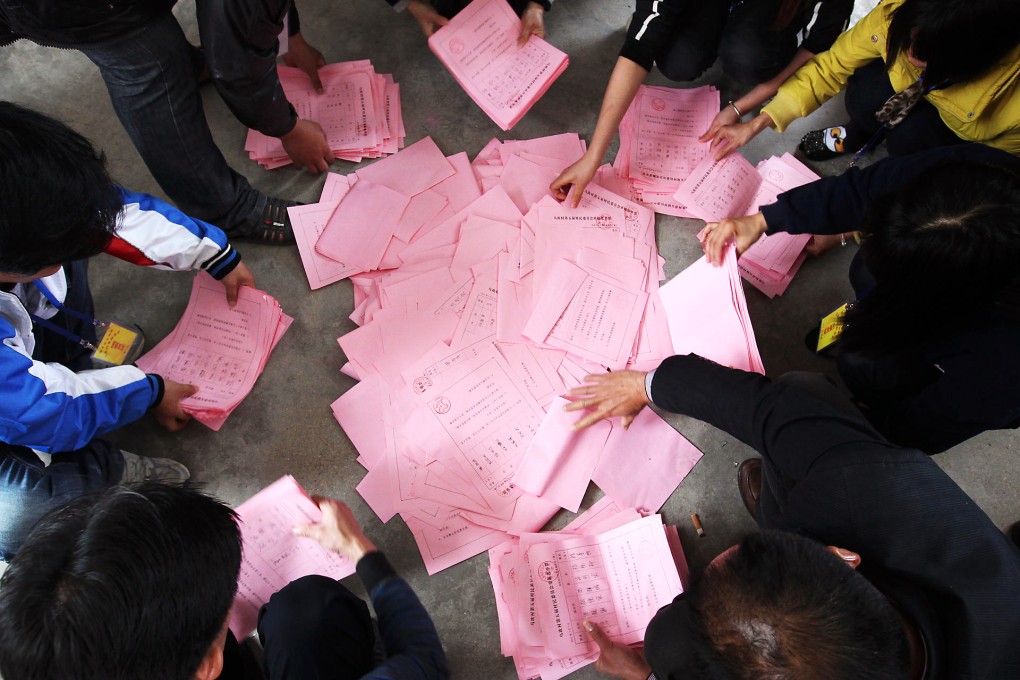Grass roots leader withdraws from politics as Wukan loses faith in democracy experiment
Residents in Guangdong village fear public disenchantment could sink democratic experiment two years after historic uprising over land grabs

After a little more than a year in the limelight, Zhuang Liehong has given up politics. Zhuang emerged as a leader of grass-roots protests over stolen land in Wukan in Guangdong in 2011 and was elected to its village committee in a historic democratic election the following year.
But he quit the committee in October and does not intend to stand in the new poll slated for some time after winter. Like many others in this community, Zhuang has lost faith in democracy - at least the local version - amid a clash of competing interests and claims of a lack in transparency in the committee's proceedings.
The fishing village of about 20,000 people in the province's east drew international attention when hundreds of villagers became locked in a stand-off with police in September 2011. They were angered by the loss of their traditional farmland which had been sold off to developers behind their backs. The situation escalated until late December, when provincial officials gave in to the protesters' core demand and promised to investigate land grab claims.
As part of the agreement, in early 2012, more than 80 per cent of qualified voters in the village cast their ballots and elected protest leaders to form the seven-member village committee.
But Wukan's revolution has run aground. It was caught between the high expectations of villagers still waiting for the return of the land, and a hardening of the Communist Party's attitude towards their experiment after former Guangdong governor Wang Yang - who backed the experiment - was replaced by Hu Chunhua.
Only a few villagers have indicated they want to participate in the upcoming poll, for which a date has not been announced. Hu implied last November that Wukan's next village head should be a party member - prompting villagers' fears of a return to the days when the committee was dominated by cadres.